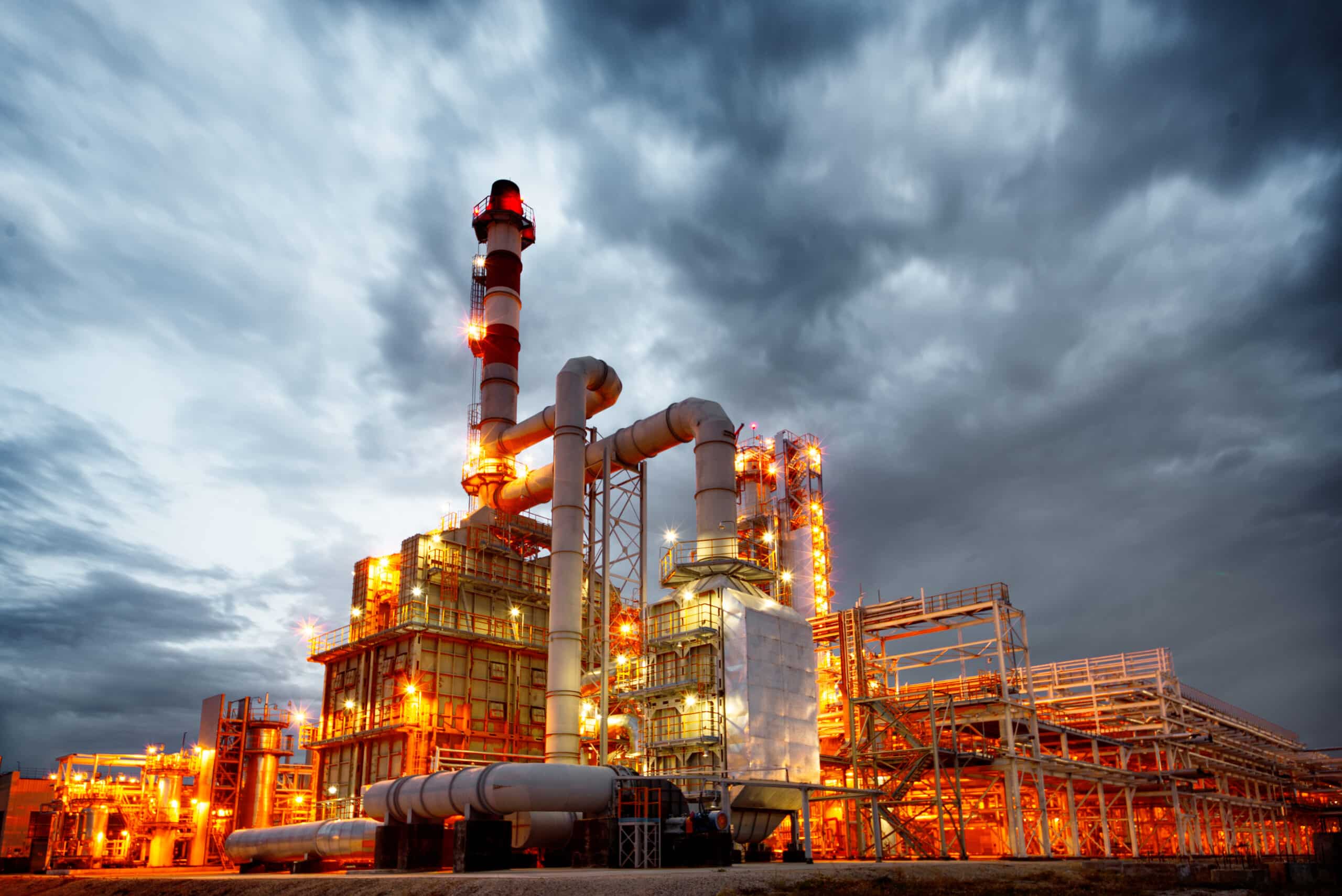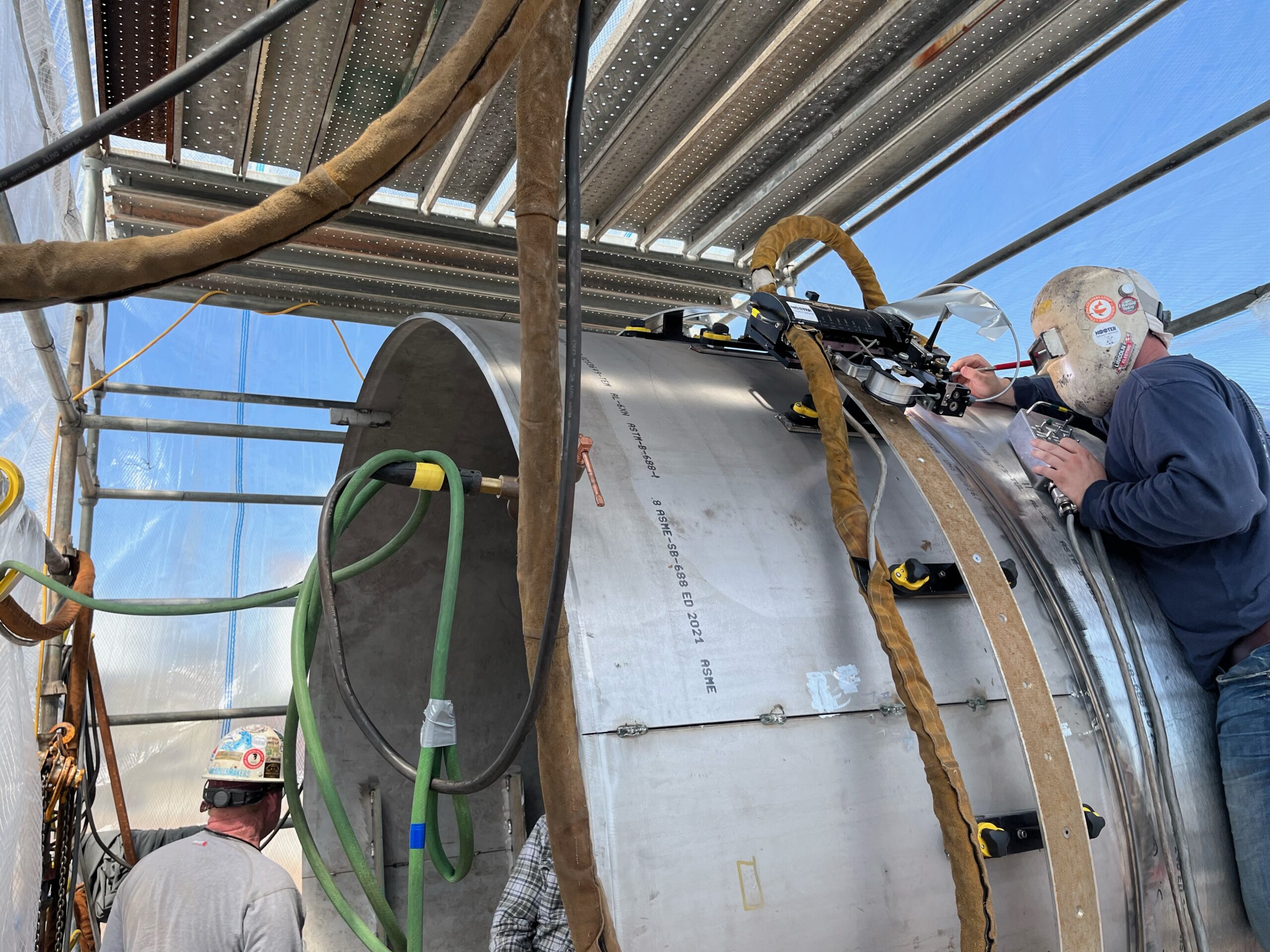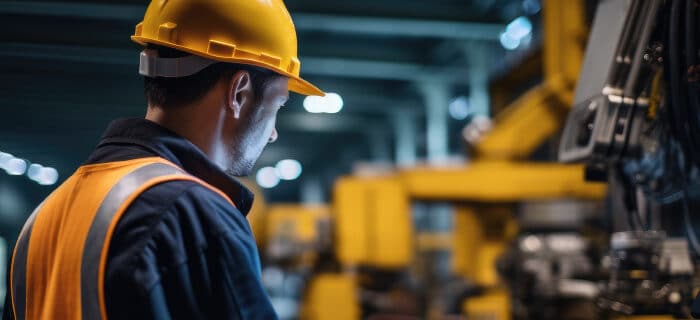Advantages of Welding Automation Over Manual Welding
Welding is a fundamental process in various industries, including oil and gas, chemical, manufacturing, construction, and renewable energy. Traditionally, welding was performed manually, relying on the skill and precision of welders.
However, with advancements in technology, welding automation has become increasingly popular.
In this blog, we’ll explore the advantages of welding automation over manual welding, focusing on the industries where it has made a significant impact.
If you’re interested in advanced welding solutions, you can discover more about NOOTER Specialty Services here.
Advantages of Welding Automation
Improved Quality and Consistency
Welding automation plays a crucial role in achieving consistently high-quality welds. With precise control over welding parameters, it reduces the likelihood of defects and ensures that every weld meets the desired standards.
The benefits of improved quality and consistency in welding automation include:
- Reduction in weld defects such as porosity, undercut, and inconsistent penetration.
- Enhanced repeatability and uniformity in welds.
- Consistent weld strength and integrity.
- Improved overall product quality.
- Minimized need for costly rework and repairs.
Increased Productivity
One of the primary advantages of welding automation is its ability to boost productivity significantly. Automated systems work tirelessly and efficiently, leading to higher production rates and shorter cycle times.
The benefits of increased productivity in welding automation include:
- Accelerated manufacturing processes and faster project completion.
- Reduced downtime as machines can work continuously without breaks.
- Enhanced resource utilization, including labor and materials.
- Potential for cost savings through increased throughput.
- Improved competitiveness in the marketplace.
Enhanced Safety
Safety is a paramount concern in welding operations, and automation can help minimize risks to human welders. By reducing exposure to hazardous conditions, welding automation contributes to a safer work environment.
The benefits of enhanced safety in welding automation include:
- Reduced human exposure to harmful welding fumes and intense heat.
- Minimized potential for accidents and injuries.
- Ability to perform tasks in confined spaces or hazardous environments without risking human health.
- Improved workplace compliance with safety regulations.
- Greater peace of mind for workers and employers alike.
Cost Reduction
While there are initial investments involved in setting up welding automation, the long-term cost savings can be substantial. Automation can lead to reduced labor costs, less material waste, and increased efficiency.
The benefits of cost reduction in welding automation include:
- Lower labor expenses due to reduced manual work requirements.
- Decreased material waste through precise control of welding processes.
- Reduced need for rework and repairs, saving both time and money.
- Increased overall process efficiency and resource optimization.
- Potential for a rapid return on investment (ROI) over time.
Documentation and Traceability
Welding automation systems generate detailed records and data logs of welding operations. This documentation is invaluable for quality control, compliance, and traceability.
The benefits of documentation and traceability in welding automation include:
- Comprehensive records of welding parameters and results for quality assurance.
- Compliance with industry standards and regulations.
- Improved traceability in case of product defects or recalls.
- Enhanced auditing capabilities for quality control.
- Valuable insights for process optimization and continuous improvement.
Industries Benefiting from Welding Automation

Now, let’s take a closer look at how welding automation benefits specific industries:
Oil and Gas and Chemical
- Pressure Vessel Fabrication and Repairs
- Plant Expansion
- Heat Exchanger Manufacturing
- Corrosion-resistant Welding
- Tank Lining and Repair
- Coke Drum Repairs
See: The Pressure Vessel Guidebook
Manufacturing
- Automotive Assembly
- Aerospace Component Production
- Shipbuilding
- Heavy Equipment Manufacturing
- Electronics Manufacturing
Construction
- Structural Steel Fabrication
- Bridge Construction
- Tunnel Construction
- High-rise Building Construction
- Infrastructure Development
Renewable Energy
- Solar Panel Manufacturing
- Wind Turbine Tower Fabrication
- Hydropower Plant Construction
- Geothermal Energy Infrastructure
- Biomass Energy Equipment
For more information on our services in these industries, please visit the page below!
Conclusion
Welding automation offers numerous advantages over manual welding, including precision, productivity, cost efficiency, safety, and versatility. These benefits have made it an attractive choice for various industries, from oil and gas to renewable energy. As technology continues to advance, we can expect even greater improvements in welding automation, further enhancing its appeal across different sectors.
Discover Welding Excellence with NOOTER Specialty Services

Elevate your welding projects with NOOTER Specialty Services’ advanced automated and semi-automated welding solutions.
Benefit from over 127 years of welding expertise, state-of-the-art equipment, and enjoy improved weld quality, increased output, and safer working conditions.
See: Specialty Welding Services
Contact us today to explore how we can enhance your welding processes and deliver efficient and effective solutions for your toughest projects nationwide.





